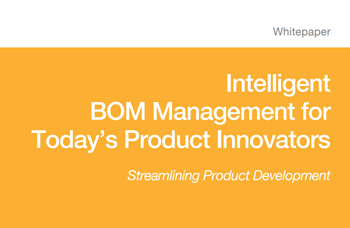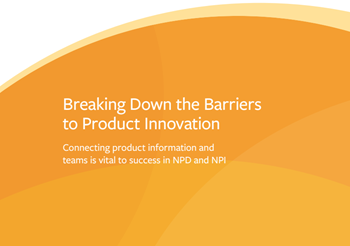How to Audit ESG Risk and Reporting
There are ever-increasing examples that environmental, social, and governance (ESG) risk is being directly tied to business performance. Gartner pinpoints ESG as a top-ten risk area for internal audit department focus in 2022, while over the past two years, double the institutional investors have committed to investing responsibly. Additionally, regulators are beginning to implement more formal ESG performance standards. But many stakeholders are going a step further, pushing businesses to take advantage of ESG for value creation. Against this backdrop, internal audit has an important role to play in meeting the demand for transparency. AuditBoard and Deloitte’s guide, How to Audit ESG Risk and Reporting, explores how auditors can help their businesses better manage and report on ESG risk — and encourage them to embrace its value-creating potential.
Report Snap Shot
- Trends in the ESG landscape, including how businesses fare in ESG readiness.
- Common approaches to integrating ESG risk and reporting in internal audit plans.
- Questions to ask for a risk-based approach to auditing ESG.














